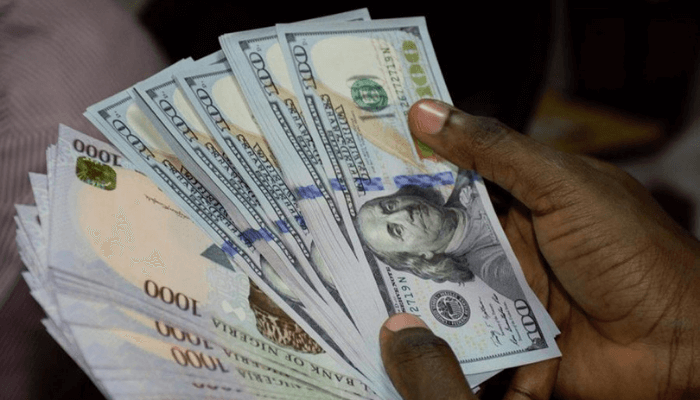
The naira, Nigeria’s currency, has fallen further in the parallel market. According to reports from the Idoma Voice on Monday evening, the naira is currently being traded in the black market at an alarming cost of N820 per dollar.
This decline indicates the Nigerian economy’s persistent troubles, particularly in the foreign exchange market.
The naira’s depreciation versus the dollar has serious repercussions for the economy’s many sectors, including import-dependent businesses, foreign investors, and Nigerian residents’ purchasing power.
The naira’s steady slide on the parallel market highlights the strain on Nigeria’s foreign exchange reserves and the battle to preserve currency market stability. Dwindling oil prices, decreasing foreign inflows, and limited access to foreign cash have all contributed to the naira’s continuous decline.
This scenario necessitates immediate attention and proactive measures by the Central Bank of Nigeria (CBN) and relevant authorities to address the underlying causes of the currency’s collapse. The first steps could be implementing strategies to attract international investment, diversify the economy, and enhance export competitiveness.
The naira’s depreciation has ramifications beyond the foreign exchange market. It has an impact on import prices, inflation rates, and the general economic picture. As a result, policymakers must pursue comprehensive initiatives targeted at stabilizing the currency and encouraging long-term economic growth.






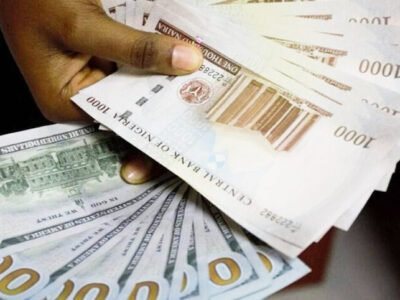
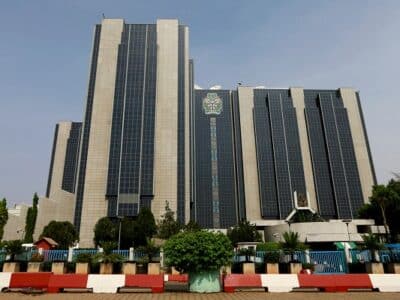

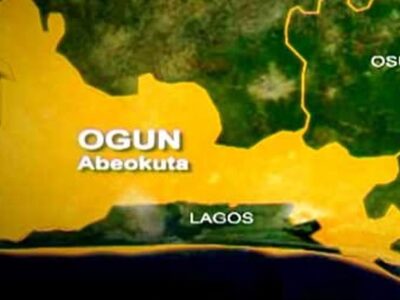









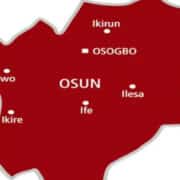
Comments